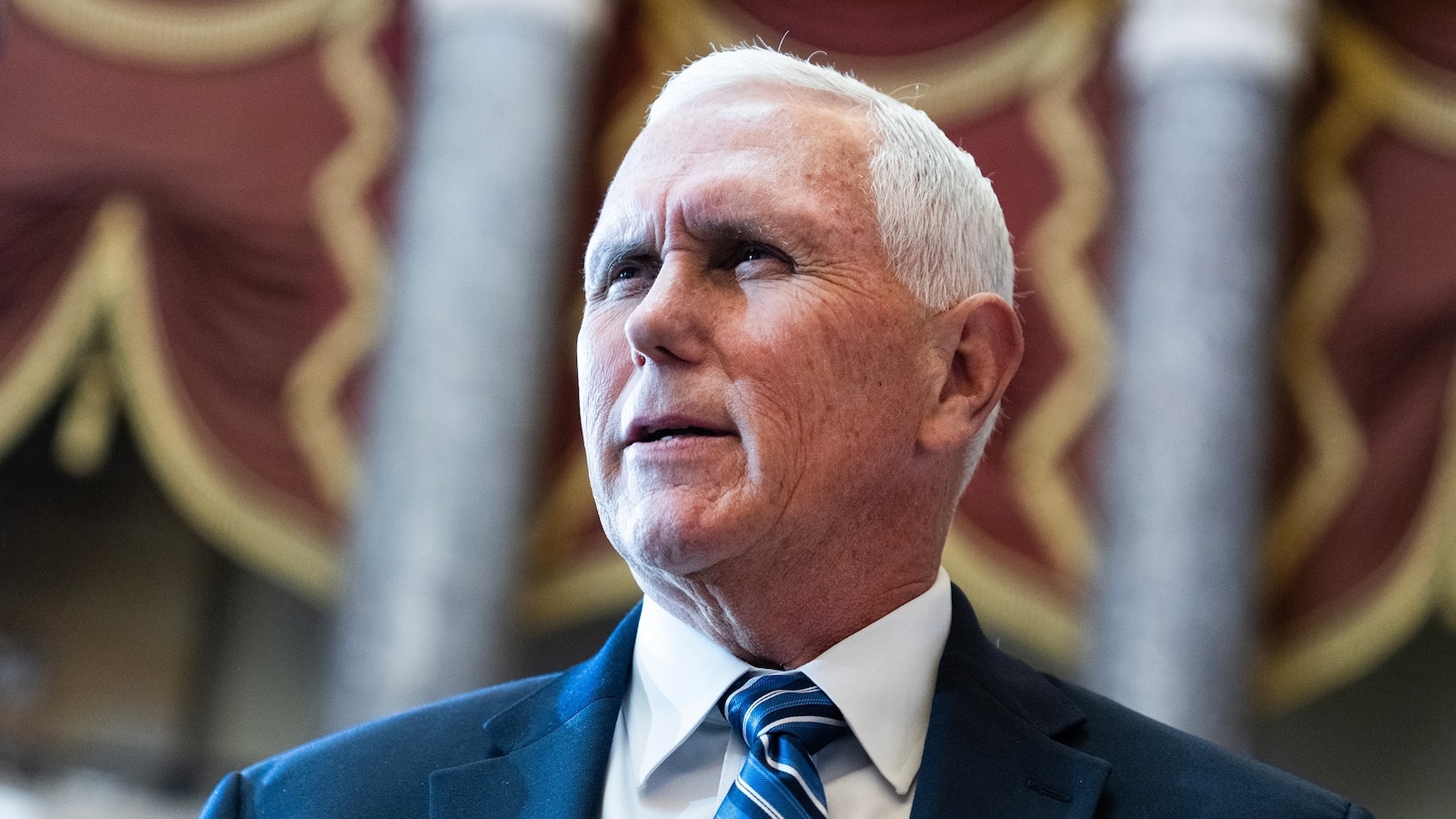Summary
Mike Pence opposed Trump’s nomination of Robert F. Kennedy Jr. as Secretary of HHS, citing Kennedy’s support for abortion access as a sharp departure from the Trump-Pence administration’s pro-life stance.
Pence urged Senate Republicans to reject Kennedy’s nomination, claiming Kennedy supports “abortion on demand” and restoring Roe v. Wade.
Both pro-life and abortion rights groups criticized Kennedy’s appointment, with pro-life leaders expressing concerns about his past positions and abortion rights advocates calling him unfit.



Honestly I’m at the point where I just don’t know which way minimizes casualties. I feel like it’s like trying to calculate if the nukes in WW2 saved more lives than they cost.
Stopping facism seems off the table. If something manages to moderate it, it may kill less per year, but may last decades longer.
Letting it run without rails it may kill millions, may start a war, but it might collapse on itself sooner.
IMO the real mystery is, did the people who had the spine to say no to trump in 2016-2020… part of why he got elected again… if trump had say been allowed to launch a nuke into a hurricane, would he have been able to make his comeback.
I know you are just using this as an analogy, but if you are curious:
And:
I think the horrors of nuclear weapons were at least responsible for ending the war quicker and saving lives that would have been lost during a ground invasion if Japan never surrendered.
I believe we are still issuing Purple Hearts from that 500,000 surplus to our troops.
It’s also interesting to note that we’re basically lucky the Japanese surrendered after the second bomb. We didn’t have any more ready to go.
Personally, I’m of the mind that we did save both American and Japanese lives by dropping the bombs versus invading the Japanese mainland. People forget how fiercely loyal the WWII-era Japanese soldier was to their cause. They had to play messages from the emperor to get the military to surrender, otherwise they just believed it was propaganda, and the Japanese propaganda of the day told them the American soldiers were coming to rape and kill every last one of them.
One of the proposed weapons for an assault on the main Japanese islands was a bat-incendiary bomb. The bomb would be filled with bats that were strapped with time-delay incendiary bombs. The bomb would land and break apart, and the bats would scatter and hide amongst the houses in attics and what not. Eventually the bombs would detonate, and whatever Japanese town/city would be engulfed in flames city-wide.